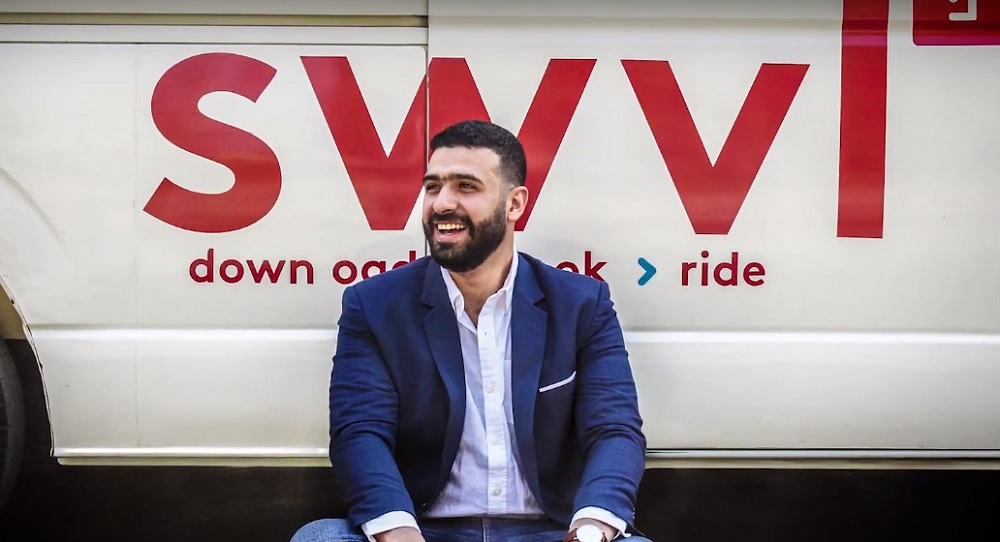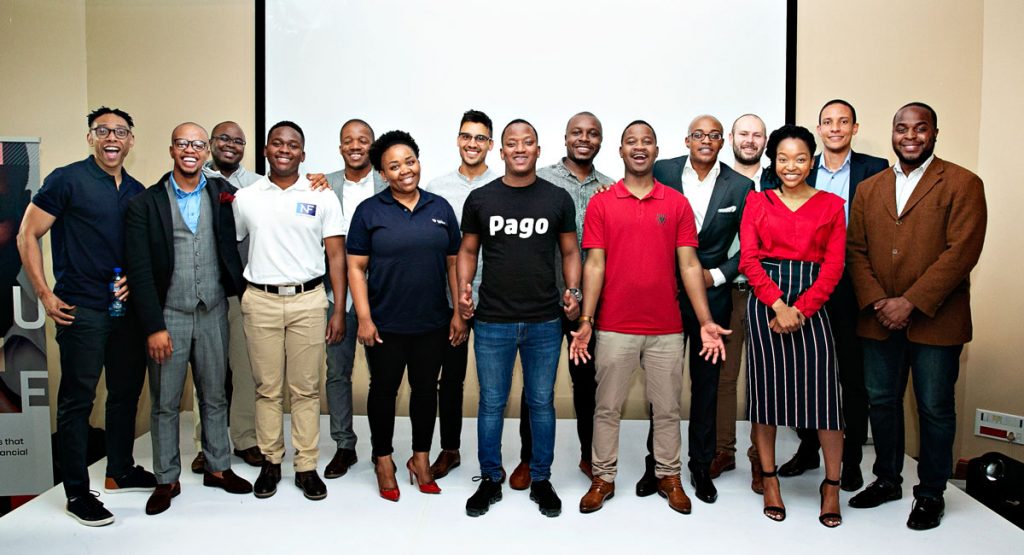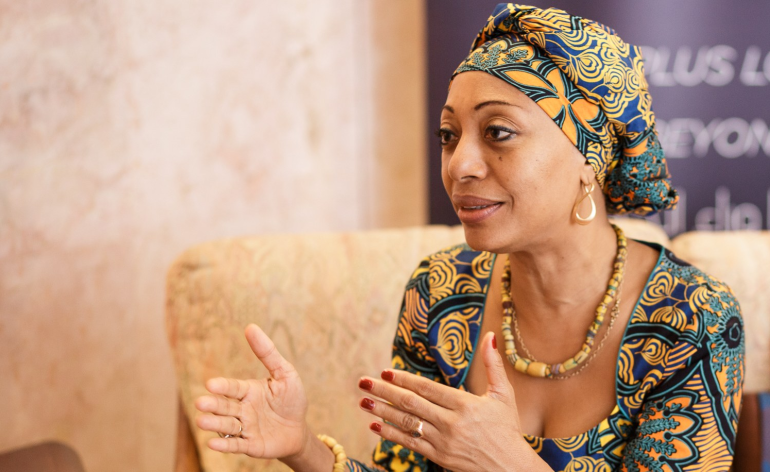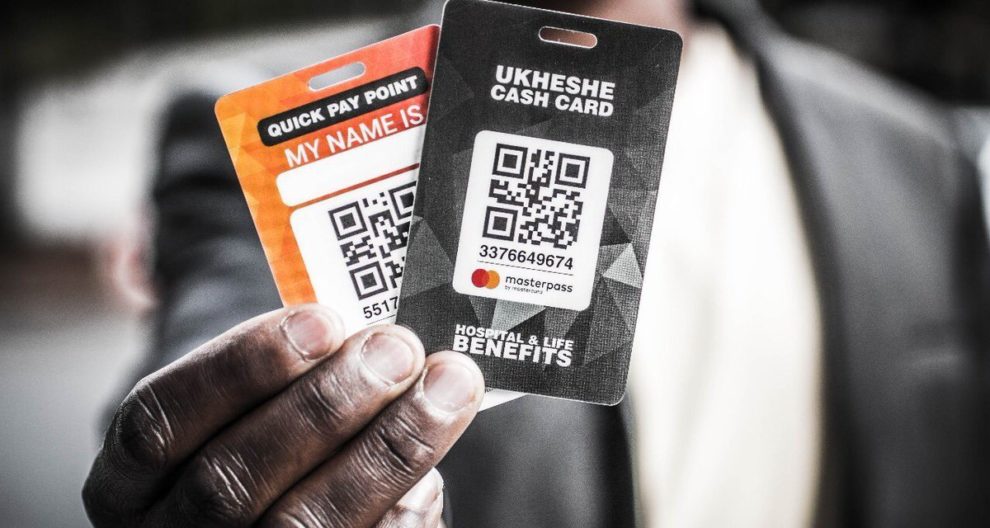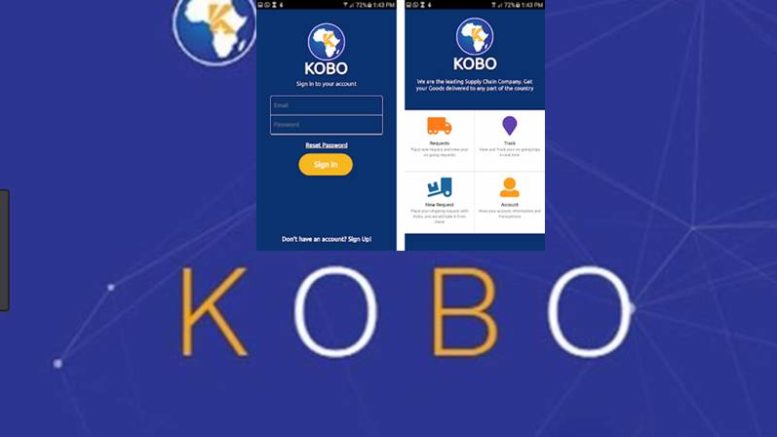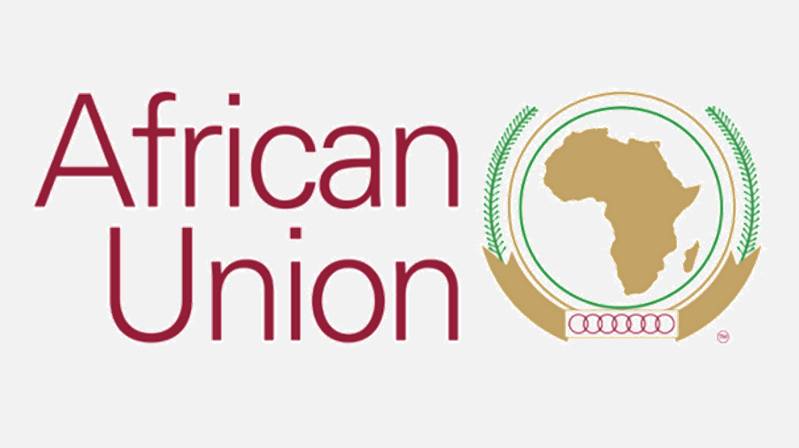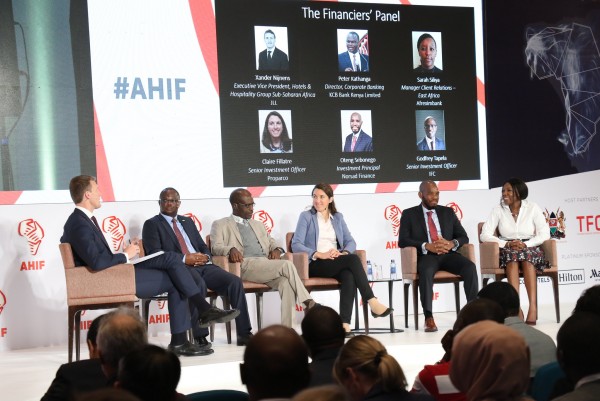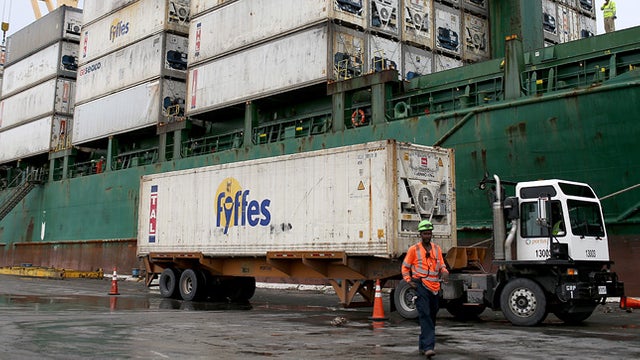Egyptian Statup Swvl Now Valued At $157 million
With this latest figure, Swvl is now the third most valuable startup in the whole of North Africa and the Middle East (MENA) and it has just been two years since it started. Latest figures from Vestok New Ventures, one of SWVL’s $42 million Series B-2 VCs, led by BECO Capital and joined by many leading international and regional investors show that the startup is now valued at $157 million.

Dubai-based Property Finder ($400 million) and Kuwait’s Boutiqaat are the only two tech startups with a higher valuation, according to the publicly available data (or their own claim). Emerging Markets Property Group and Bayt are also likely to have a higher valuation than Swvl’s but they’ve never disclosed it.
Here Is All You Need To Know
- Swvl’s valuation was revealed in a recently published financial report of Vostok New Ventures.
- According to the report, Vostok invested $16 million in Swvl’s recent funding round (Series B-2) for a 10.2 percent stake in the company. This translates into a valuation of $156.86 million.
- Recall also that Swvl last year raised tens of millions of dollars in its Series B-1 at a valuation close to $100 million. This means that the valuation of Swvl increased by almost 60 percent in less than seven months.
“The entrepreneur here is of very high quality. Previously at Rocket and Careem, Mostafa Kandil has built a team that executes well and at high speed. In fact, I believe that Mostafa may be the first Arab tech entrepreneur that builds a global product. All the other successes coming out of the Arab world have been either built by foreigners and/or have been solely focused on the local region,” said the report.
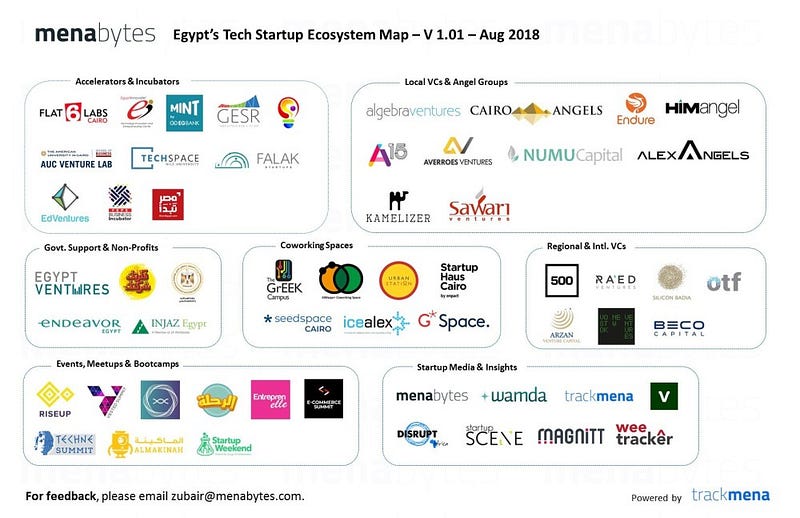
“Swvl’s ambitions are first pan-African but also to quickly take the product to South East Asia. Its latest international city, Nairobi, has
grown to the same size that Cairo achieved after 10 months in merely six weeks,” it added.
- The report also notes that Swvl that recently expanded to Pakistan after launching in Kenya earlier this year is eyeing $1 billion GMV (Gross Merchandise Value) by 2023 and has plans to expand to Karachi, Lagos, and Johannesburg.
“We believe the overall target of USD 1 bln in GMV by 2023 is achievable and that Egypt alone could become worth at least USD 500 mln and, if successful in Lahore, Karachi, Nairobi, Lagos and Johannesburg, this upside obviously multiplies,” the report further reads.
- Vostok also said that they have studied this opportunity for years but only invested now as Swvl has proven that there is real demand and that the economics work.
“The overall total addressable market in emerging markets is estimated at some USD 150 bln. Looking at Swvl’s cohorts and bus lines in Cairo where bus utilization is 60%+ you see a clear path to gross margins close to 30% over time, higher than taxi-hailing at roughly 20%, likely warranting also higher multiples for this type of business,”says the report.
About Swvl
- Founded in 2017, Swvl connects commuters with private buses, allowing them to reserve seats on these buses and pay the fare through company’s mobile app. The buses available on Swvl operate on fixed routes (or lines).
- The report by Vostok New Ventures, notes,”Swvl offers a premium on-demand bus service with third party supply. The algorithm
plans the most efficient routes and the most efficient bus stops for peak hours, and more flexibility is possible during off peak hours. Network effects arise through the snowball of the more users that are attracted to the service, the more bus owners will want to offer their supply, the more bus supply the more routes etc., the more customers etc.” - It won’t be a fair comparison but to give you some context, Careem had raised its $60 million round (Series C) at a valuation less than $200 million in November 2015, over three and half years after the company was founded.
- Swvl is now in the same territory both in terms of total investment they’ve raised so far and the valuation, in almost two years.
- The VC landscape in MENA is entirely different today with a lot more options when it comes to raising Series A/+ rounds so the funding is relatively easier to come by (than it was when Careem raised money) but what Swvl has achieved is still a very big feat.
Charles Rapulu Udoh
 Charles Rapulu Udoh is a Lagos-based Lawyer with special focus on Business Law, Intellectual Property Rights, Entertainment and Technology Law. He is also an award-winning writer. Working for notable organizations so far has exposed him to some of industry best practices in business, finance strategies, law, dispute resolution, and data analytics both in Nigeria and across the world.
Charles Rapulu Udoh is a Lagos-based Lawyer with special focus on Business Law, Intellectual Property Rights, Entertainment and Technology Law. He is also an award-winning writer. Working for notable organizations so far has exposed him to some of industry best practices in business, finance strategies, law, dispute resolution, and data analytics both in Nigeria and across the world.
Facebook: https://web.facebook.com/Afrikanheroes/

